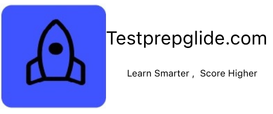Many test-takers feel compelled to fill their answer sheets extensively during the Writing section’s one-hour timeframe, aiming to demonstrate their lexical repertoire and capacity for complex sentence structures. But does a lengthy response guarantee a higher band score?
To clarify immediately: although IELTS guidelines don’t specify an upper word limit for writing tasks, surpassing minimum requirements won’t earn additional marks. Crucially, this assessment evaluates not merely the originality of your ideas but primarily your proficiency in conveying information efficiently. In Academic Task 1, avoid interpreting data trends—instead, categorize them methodically. Contrast key features and present information with such clarity that examiners could grasp the chart’s content without visual reference. Minimize unnecessary details to optimize your Task Response score.
Time management matters
Basic arithmetic applies: excessive writing leaves minimal opportunity for revision. Experts typically advise producing responses slightly above specified word counts—150-170 words for Task 1, 250-275 for Task 2. Those surplus minutes prove far more valuable when invested in meticulous error-checking. This test prioritizes linguistic precision over textual volume. Remember: each additional sentence increases exposure to grammatical inaccuracies or spelling mishaps.
For habitual over-writers, strategic planning becomes essential. Allocate fixed time slots for each argument. Select three logically sound points to comprehensively display your language competencies. This approach ensures balanced content without compromising accuracy.






